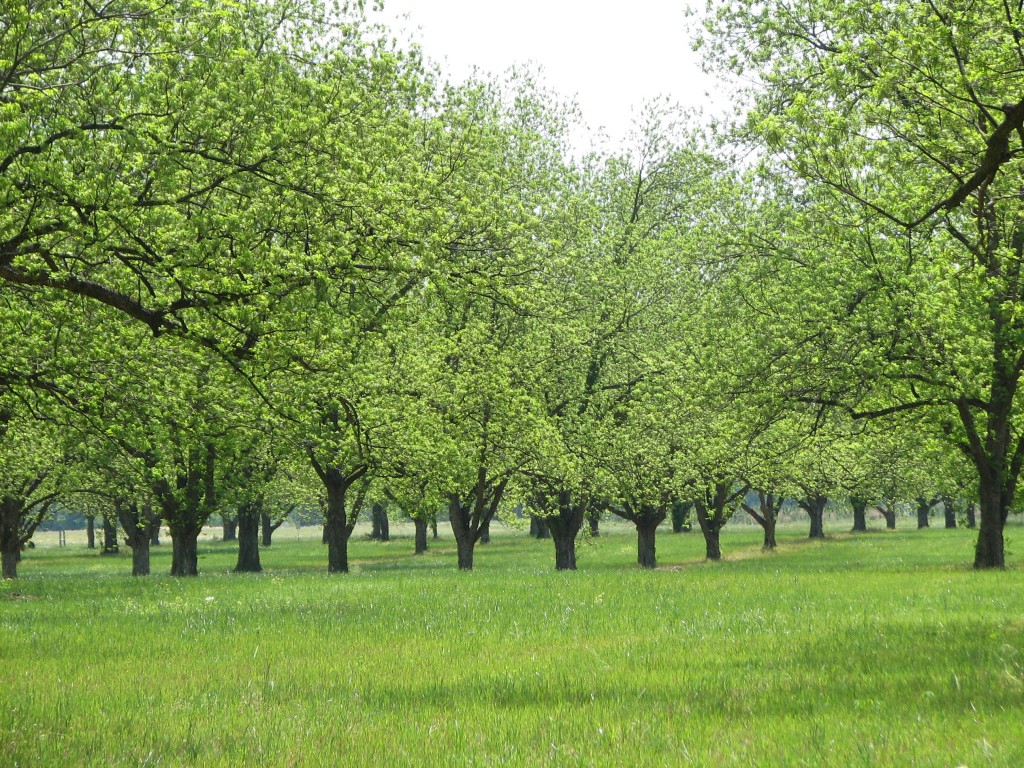Recent Posts
-
Just a quick update here. If you have had problems with black pecan aphids (BPA) and/or anticipate having problems with them in certain blocks that are vulnerable to their infestation, spraying gibberellic acid (Pro Gibb 4%, ProGibb LV Plus) at this time of the season is an option. Gibberellic acid is a plant growth regulator…
Posted in: Insect Management -
Crop is looking good and nuts are sizing fast now. Fruit sizes large on hot days and warm nights. Following June rains, we have been dry in the middle part of the Southeast and could use some rain. Many growers have noted scab not being as severe, and this of course is mostly due to…
Posted in: Insect Management -
Over the last week I have had at least 5 separate calls from different parts of the state regarding trees–usually in the range of 2 years old up to 12-15 years old– exhibiting die back of branches/central leader and leaf burning or scorching. In many cases it is more severe than the normal leaf scorching…
Posted in: Uncategorized -
Based on the many contributions he made to not only the Georgia Pecan Industry, but also the U.S. Pecan Industry, it feels appropriate to report the passing of Mr. Hilton Segler on July 4, 2019. Hilton had a long career in the chemical industry working for Thompson-Heyward Chemcial, Griffiin Chemical, and UPI through the years.…
Posted in: Uncategorized -
There have been anecdotal reports in the past years that flatheaded borers have caused damage to young pecan trees/nursery trees. The injury are characterized by darkened and sunken areas on the outside of the trees (Fig. 1) caused by larval feeding. On young trees, this may cause girdling and even tree death. Larval appear pale…
Posted in: Insect Management -
Following the long drought/heat wave we had in May, you will likely see some leaf drop now that we have had some rain. This leaf drop occurs anytime we have a sudden shift in environmental conditions. It can occur going from wet to hot/dry and vice versa. This is nothing to be alarmed about (See…
Posted in: Uncategorized -
We have been seeing and hearing about damage from May beetles around the state. I saw some damage in the Southeast District this week as well. Since the adult beetles feed at night, it’s difficult to be sure what is going on. You see the typical chewing damage on the leaves and terminals (Figs. 1…
Posted in: Insect Management
